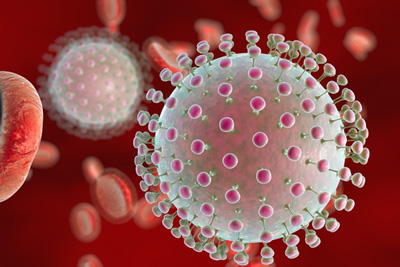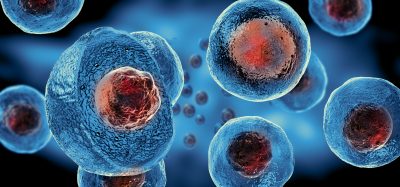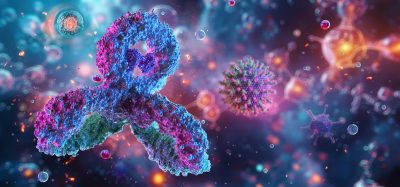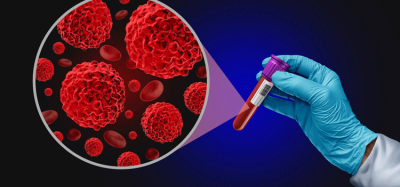Biomarkers may predict Zika-related birth defects
Posted: 5 November 2018 | Drug Target Review | No comments yet
Researchers have identified biomarkers associated with severe birth defects in babies born to women infected with the Zika virus…


Researchers have identified biomarkers associated with severe birth defects in babies born to women infected with the Zika virus, a discovery that could lead to screening tests and a better understanding about how the infection leads to foetal abnormalities.
“The highest risk of birth defects is from Zika virus infection during the first and second trimester. A prenatal test has the potential to relieve the concerns of many expectant mothers,” said Suan-Sin Foo, a Research Associate in the Department of Molecular Microbiology and Immunology at the Keck School of Medicine of USC and the study’s first author. “We still have a lot to learn about how Zika virus affects the immune responses in the mother, and how infection can negatively impact her baby.”
Most people infected with the Zika virus, which is spread by the Aedes mosquito, experience no symptoms or mild illness with low-grade fever. But fetuses exposed to Zika in the womb are at risk for devastating neurological defects. One of those defects, microcephaly — a smaller-than-usual head size — gained prominence in 2015 with Brazil reporting an unusual number of cases in babies born to mothers infected with the virus.
As those infants have become toddlers, some can’t see, walk, chew or talk and will require a lifetime of care, according to the US Centers for Disease Control and Prevention. In the United States, there have been approximately 2,483 pregnant women infected with Zika and 116 infants born with Zika-associated birth defects since 2015.
Aedes mosquitoes have been found in Los Angeles, but none carrying the Zika virus, according to the Los Angeles County Department of Public Health.
For the study, researchers examined the immune systems of pregnant women through blood samples taken during the first, second and third trimesters of pregnancy. They compared blood samples from 30 Zika-infected, pregnant women in Brazil with 30 healthy pregnant women in Brazil and 14 in Los Angeles.
Specifically, the researchers were looking at cytokines, which are messenger chemicals released by the body in response to an infection. Across a panel of 69 cytokines screened, they identified 16 cytokines that appeared to be associated with Zika-induced abnormal births.
It isn’t clear whether the messenger chemicals cause the birth defects, or are secreted in response to something else, the researchers said.
“Ultrasound is routinely used during pregnancy to check a baby’s condition, but there’s a limit to what can be seen. Magnetic resonance imaging can give clear, high-resolution ‘snapshots’ of the fetus, but there are safety concerns for the baby and it is recommended for second- and third-trimester pregnancy,” said Weiqiang Chen, a Research Associate in the Department of Molecular Microbiology and Immunology at the Keck School of Medicine and the study’s co-first author. “Our findings identified a panel of biomarkers which may potentially be useful in predicting Zika-associated foetal outcomes regardless of pregnancy stages, simply by evaluating the mothers’ blood.”
The findings appear in the Journal of Clinical Investigation Insight.
Related topics
Analytical Techniques, Biomarkers, Disease Research
Related conditions
Zika virus
Related organisations
Keck School of Medicine of USC
Related people
Suan-Sin Foo, Weiqiang Chen








